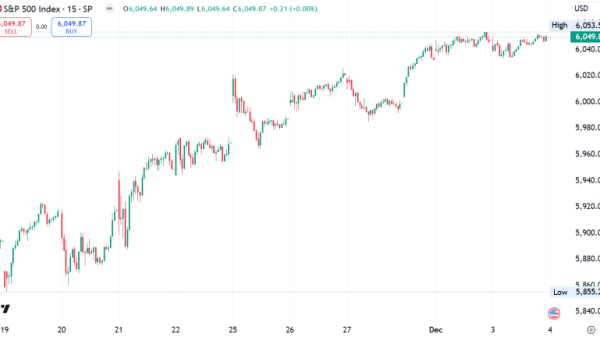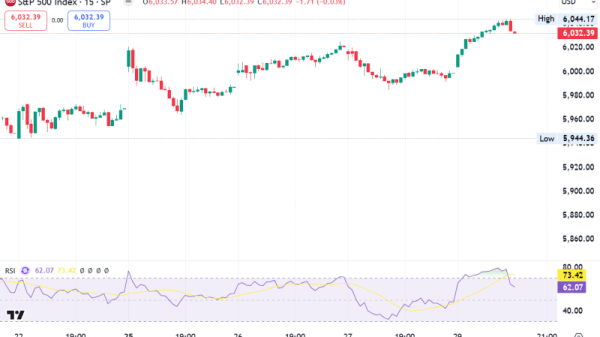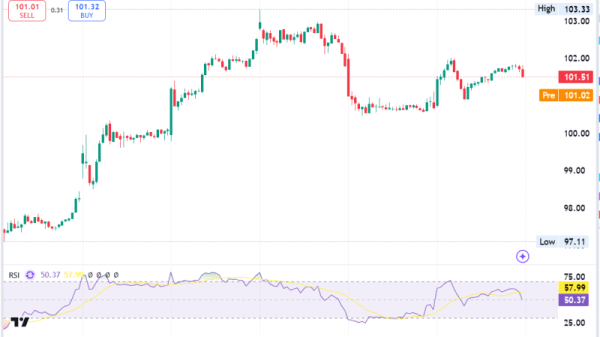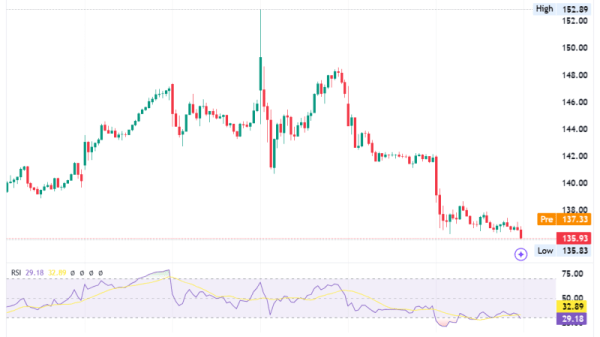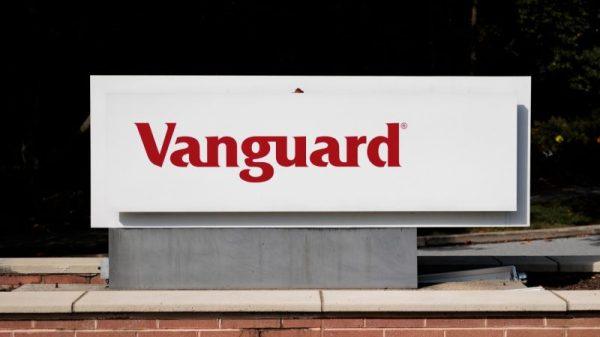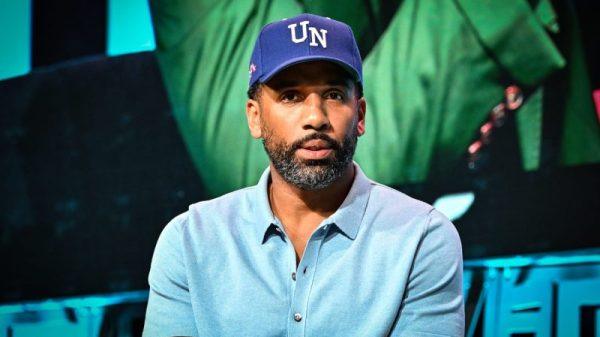By Aditi Shah and Nandan Mandayam
NEW DELHI (Reuters) -Hyundai , Maruti Suzuki and Tata Motors (NYSE:TTM) used the India auto show to unveil ambitious plans to expand their electric vehicle charging network to address the issues that are putting customers off making the switch.
The five-day auto show in New Delhi starting on Friday saw carmakers show off their new EVs and India’s Prime Minister Narendra Modi make a case for more investment in the world’s third-biggest market, where automakers are desperately trying to increase sales and where Tesla (NASDAQ:TSLA) has long-delayed its plans to enter.
Fuel-guzzling cars still dominate India’s roads, with EV sales rising, but still accounting for just 2.5% of annual sales.
Maruti Suzuki on Friday announced plans to install fast charging points in India’s top 100 cities – one every 5-10 kilometres (3.1-6.2 miles) – and consider launching a battery rental service, while Tata Motors and Hyundai (OTC:HYMTF) said they will set up 500 and 600 public chargers, respectively.
Maruti also announced plans to expand the charging network in cities and provide roadside assistance all over India if a battery runs out.
Anxiety over batteries draining without a charging spot nearby is a big issue for customers in the country.
“We will leverage our vast network to provide fast charging support,” Maruti CEO Hisashi Takeuchi said at the show, where it also launched its first EV – the e Vitara SUV.
Maruti is also considering a battery rental service to address what many view as a major obstacle to EV adoption in India.
The move comes after India’s Tata Motors last year started luring consumers with free charging and steep discounts, while rival MG Motor also launched a battery rental plan.
At the New Delhi auto show, electric vehicles will be centre stage, with models from Vietnamese entrant Vinfast on display, alongside domestic brands Maruti and Mahindra & Mahindra (NS:MAHM), as well as global rivals BYD (SZ:002594), Toyota (NYSE:TM) and Hyundai.
Modi courted investors by saying the government was willing to provide support for companies seeking to expand in the nation.
“This is the right time for you for a large investment in this sector,” he said.
India’s auto industry, which grew by about 12% last year, will expand further as a result of factors including its large youth population and rapid urbanisation, Modi said.
But there have been challenges. India plans to expand EV incentives to automakers and relax its policy which was originally designed following lobbying by Tesla, which has still not entered the market, Reuters reported in November.

